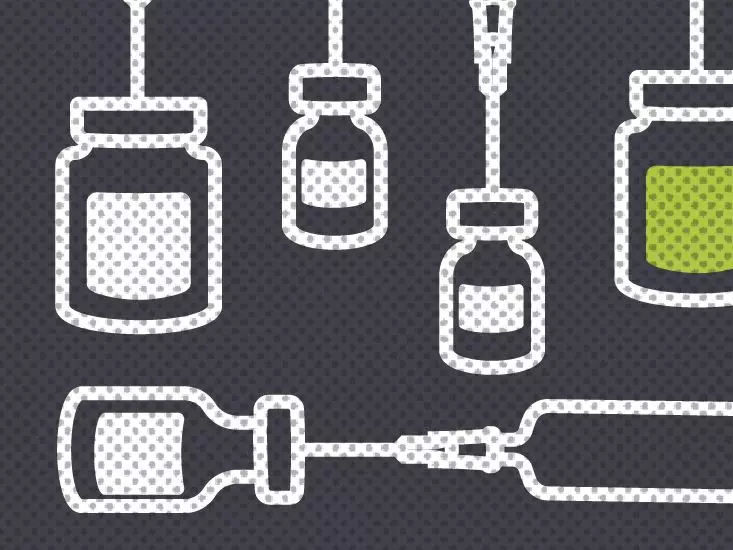Xyosted, a testosterone replacement therapy, is designed for individuals facing testosterone deficiencies. While it can offer a solution to improve quality of life, the costs associated with this medication can vary significantly. Understanding the intricacies surrounding its pricing, factors influencing costs, and options for financial assistance is essential for those considering treatment with Xyosted.
The price you will pay for Xyosted does not exist in a vacuum; rather, it is influenced by numerous variables. Your treatment plan is a primary factor: specific dosages and variations in the regimen may lead to price discrepancies. Insurance coverage also plays a critical role. Those with comprehensive insurance plans may find that their out-of-pocket expenses are minimal, while individuals without insurance might experience higher costs.
Pharmacy choices can further impact the price. Different pharmacies may have varying list prices, discounts, and offer savings programs, which can significantly reduce the overall cost of medication. When considering the direct purchase of Xyosted without insurance, patients should consult their pharmacist or look for discounts that could help alleviate financial strain.
For those encountering challenges in affording their prescriptions, utilizing programs such as Optum Perks can provide substantial savings. Optum Perks offers coupons that can yield discounts of up to 80% off retail prices at participating pharmacies. This program is particularly beneficial for patients who do not have insurance or those whose insurance does not cover Xyosted.
Moreover, potential savings programs from the manufacturer may be available, which patients can inquire about with their healthcare provider or pharmacist. These assistance programs often serve as a lifeline for individuals who face financial hardship, allowing them to access necessary medications without excessive strain.
Depending on your insurance plan, a prior authorization may be required before coverage of Xyosted can begin. This process involves a discussion between your healthcare provider and your insurance company, examining the need for the medication in your treatment plan. It’s crucial to initiate this dialogue beforehand to avoid the risk of being charged the full cost, should treatment begin without proper authorization.
The nuances of each insurance plan, including copay amounts and coverage specifics, can dictate the overall affordability of Xyosted. Thus, engaging regularly with your insurance provider to understand your plan’s specifics is advisable.
When considering the costs of Xyosted, it’s essential to compare it with alternative testosterone therapies, such as testosterone cypionate, which is available in both brand-name and generic forms. Generally speaking, generic medications tend to be more affordable, offering a cost-effective alternative for patients.
Having conversations with healthcare providers can help inform decisions about which treatment may be the most suitable in terms of both efficacy and cost. Investigating the affordability of various options ensures that patients can select a treatment that not only meets their medical needs but also aligns with their financial capabilities.
If a patient requires long-term treatment with Xyosted, they may explore different strategies to minimize expenses. One option is to discuss the possibility of obtaining a 90-day medication supply with their insurance provider. This approach may not only decrease the frequency of pharmacy visits but could also potentially lower overall costs.
Mail-order pharmacies present another viable option, often providing lower prices and the convenience of home delivery. Some Medicare plans may cover the costs associated with mail-order medications, making it an attractive choice for eligible patients.
Additionally, without insurance coverage, individuals can consult their healthcare providers about utilizing online pharmacies or other resources that may offer competitive pricing for Xyosted.
Navigating the costs associated with Xyosted requires an informed and proactive approach. By understanding the various factors affecting pricing and exploring financial assistance options, individuals can take significant steps towards affordable treatment. Engaging with healthcare professionals, insurance providers, and pharmacies is critical in ensuring that patients access the necessary medications while minimizing financial burdens. Always consult licensed healthcare professionals for expertise related to treatment plans, potential drug interactions, or any changes to medication regimens. Being well-informed is the key to making cost-effective healthcare decisions in treatment planning.

